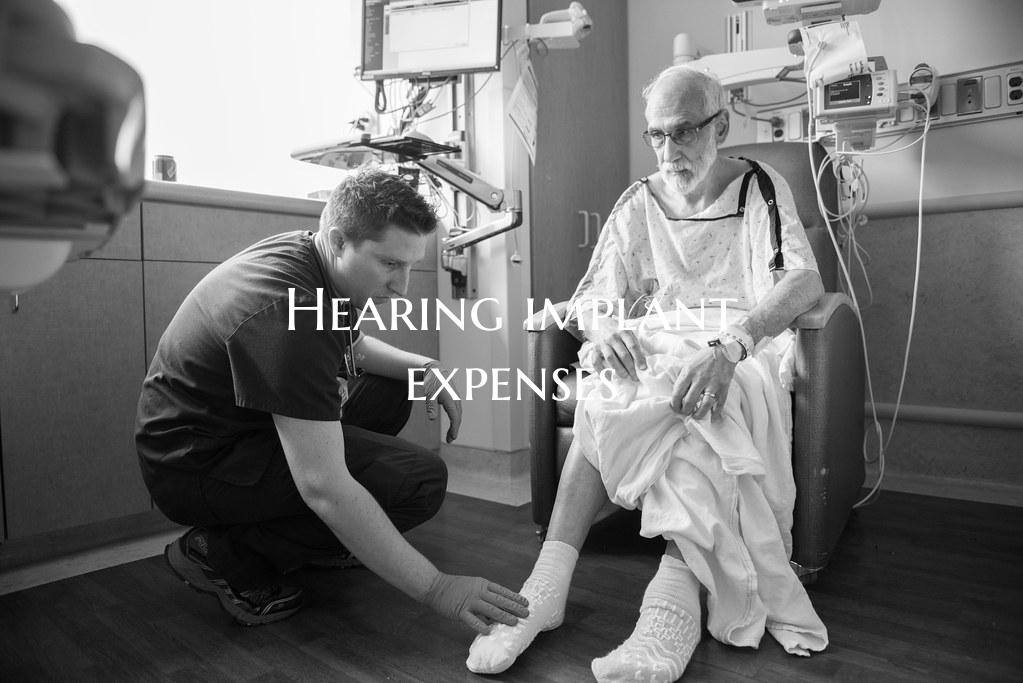
Hearing implant expenses
Hearing loss can significantly impact an individual's quality of life, affecting their ability to communicate and engage with the world around them. For many individuals with severe or profound hearing loss, hearing implants offer a solution that can improve their ability to hear and communicate effectively. However, the costs associated with hearing implants can be a significant consideration for those exploring this option.
1. Types of Hearing Implants: There are different types of hearing implants available, each catering to specific degrees of hearing loss. Common types include cochlear implants, bone-anchored hearing systems, and middle ear implants. The type of hearing implant recommended by a healthcare provider will depend on factors such as the individual's level of hearing loss and overall health.
2. Cost Factors: The cost of a hearing implant can vary depending on several factors, including the type of implant, the manufacturer, the complexity of the procedure, post-operative care, and follow-up appointments. Insurance coverage and financing options can also impact the overall cost, with some insurance plans covering part or all of the expenses associated with hearing implants.
3. Initial Investment vs. Long-Term Benefits: While the initial cost of a hearing implant may seem significant, it's essential to consider the long-term benefits that the device provides. Improved hearing can enhance an individual's quality of life, allowing them to communicate more effectively, participate in social activities, and excel in their personal and professional lives.
4. Financial Assistance Options: Several resources are available to help individuals offset the costs of hearing implants. Some manufacturers offer financial assistance programs or payment plans to make the devices more accessible. Additionally, government assistance programs and charitable organizations may provide financial support to those in need of hearing implants.
5. Consulting with Healthcare Providers: Before making a decision about pursuing a hearing implant, it's crucial to have a thorough discussion with healthcare providers, including audiologists and otolaryngologists. These professionals can provide valuable information about the benefits of hearing implants, the costs involved, and potential financing options.
In conclusion, while the expenses associated with hearing implants can be a significant consideration, the life-changing benefits that these devices offer may outweigh the initial costs. By exploring different types of implants, understanding cost factors, and seeking financial assistance options, individuals with hearing loss can make informed decisions about pursuing this transformative technology.